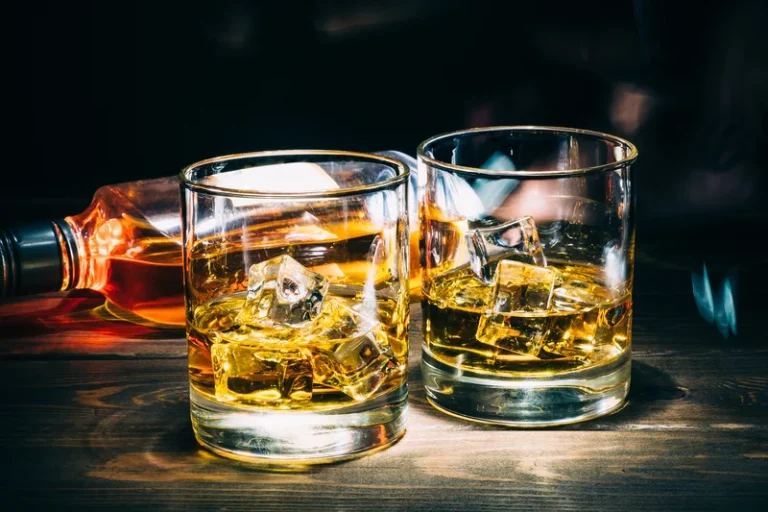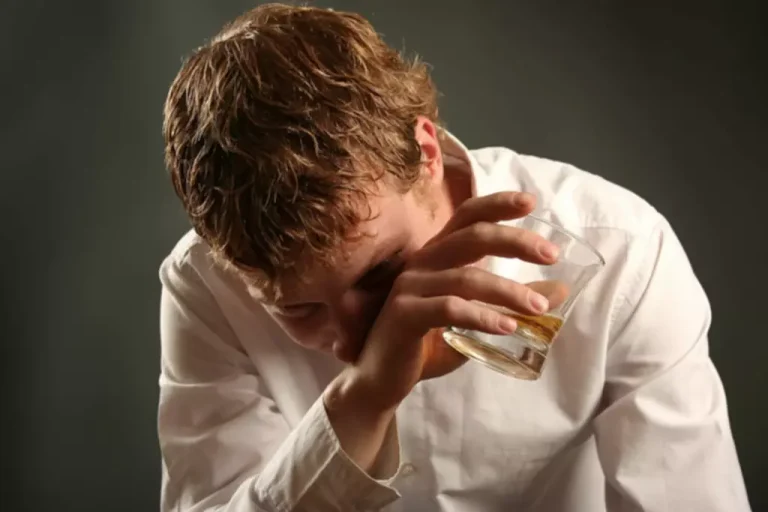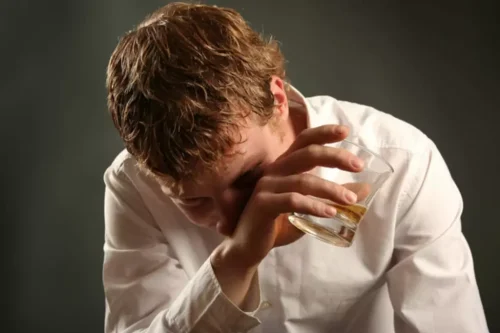
The fear of wine, or oenophobia, can have a profound impact on a person’s life. It may cause individuals to avoid social gatherings, restaurants, or events where wine is present. They may experience anxiety, panic attacks, or physical symptoms like sweating and rapid heartbeat when confronted with wine. Overall, overcoming dipsophobia, like Methyphobia, may https://ecosoberhouse.com/ require a combination of therapy, support, and a gradual exposure to alcohol-related situations. It’s important to seek professional help to address these fears and improve your quality of life.
Symptoms of Dipsophobia
The exact causes of dipsophobia, or the fear of drinking, are still not fully understood. However, researchers believe that a combination of genetic and environmental factors can contribute to the development of this phobia. This another form of treatment used with patients suffering from specific phobia or anxiety disorders. Like all the other specific phobias, Dipsophobia is treated by a number of different therapies including, Cognitive-behavioral Therapy (CBT) and or medications that lower downs the anxiety or other physical symptoms. The causes of Methyphobia, the fear of alcohol, can vary from person to person. It may stem from personal experiences, such as witnessing alcohol-related problems or traumatic events.
Chronophobia: A Deep Dive into Fear of Time Management

As alcohol is a sedative and depressant, it can relieve feelings of fear and anxiety in the moment. But after the alcohol wears off, you can start to feel your anxiety come back even stronger. It’s possible to have anxiety after drinking alcohol without having an anxiety disorder. Alcohol can also make anxiety worse because it affects the levels of other mood-influencing chemicals like serotonin. Research notes that changes in chemical levels such as serotonin can cause anxiety disorders and depression.
Best Methyphobia Therapy Guides
Please note that the percentages provided represent approximate resemblances between Methyphobia and the mentioned phobias, and individual experiences may vary. The researchers observed that when the sound played over and over without the shock, the mice who were in the no alcohol group eventually stopped being scared of the tone. On the other hand, the mice who had high exposure to alcohol were scared of the noise, making them stand completely motionless every time they heard it – for a long time after the shocks were not present.

Many find themselves using alcohol as a way to cope with stress, depression, anxiety, and other mental health concerns. Therefore, the fear of returning to use after finding recovery is prevalent. Alcoholism, more commonly referred to as alcohol use disorder (AUD), has long been entangled with enduring stereotypes. Research indicates that individuals living with AUD are perceived as not fully acknowledged as having a legitimate mental health condition.
Methyphobia Therapy Services
- Sometimes even the smell of alcohol can cause the suffering person to have an extreme anxious reaction.
- In fact, drinking can change the chemistry of the brain in a way that actually makes anxiety worse.
- Instead, dipsophobia is a mental disorder that is characterized by irrational thinking patterns that are out of touch with reality.
- Those with dipsophobia have deep-seated fears and irrational thinking patterns that make normal life challenging.
In addition, if you’re noticing your anxiety levels increasing after drinking, try cutting down on how much you drink. Plus, take note of how your mood is each day — if you’re feeling extra on edge already, try and go against the temptation of remedying that with alcohol. Let’s say you drink a beer and martini but you don’t drink any fear of alcohol water in between. Alcohol is a diuretic, meaning it makes you lose water through peeing, so it’s very important to drink plenty of water as well when you’re drinking alcohol. Alcohol-induced anxiety is the uncomfortable feeling that can happen after drinking heavy amounts of alcohol. For those who have an alcohol use disorder, it’s a symptom of alcohol withdrawal syndrome.

- Do you ever notice yourself feeling a little out of sorts the day after you drink?
- It can be an efficient way to help desensitize the patient to their specific fears.
- If this were to be the case, then this could mean that it may only take them experiencing some sort of traumatizing event for them to develop full blown dipsophobia.
One study highlighted how a return to use happens and how to properly handle the situation moving forward. A return to alcohol use may occur at any time – whether the person has stopped drinking for a few days or a few years. One study found that on average, two-thirds of those treated for an alcohol use disorder return to use within six months after treatment. Specific factors, including cigarette smoking and anhedonic depression symptoms, were analyzed as precursors to possible returning to alcohol use. 69% of participants who had one or both of these factors returned to use within six months after treatment, signifying the importance of addressing co-occurring conditions alongside alcohol use disorder. Those with dipsophobia have deep-seated fears and irrational thinking patterns that make normal life challenging.
- Rather, it is rooted in irrational thinking patterns and a fear response triggered by past experiences or genetic predispositions.
- Sarah Yumi is a mental health professional with over a decade of experience helping others in mental healing.
Understanding these factors is crucial for addressing the underlying causes and aiding in effective treatment. This fear not only affects personal relationships but can also hinder professional opportunities, as the anxiety around alcohol may prevent meaningful interactions or networking. Many individuals grappling with this phobia often find themselves trapped in a cycle of anxiety, where the mere thought of alcohol conjures intense panic and discomfort. Change your thinking, change your life – recognizing unreasonable thoughts can help you conquer alcoholism symptoms your fear of alcohol. Remember, these therapies require commitment and practice under the guidance of a professional therapist familiar with treating this specific condition.
Remember that overcoming Methyphobia is a journey, and staying positive can help you stay motivated and resilient. Surround yourself with supportive friends and family members who understand your fear. Having a support system can provide much-needed encouragement, understanding, and a safe space to discuss your challenges and progress. Chemical dependency specialist Joseph Janesz, PhD, LICDC, says there are various ways that anxiety and alcohol are linked, so it’s important to understand how alcohol affects not only your body, but also your mind. Busy American families had moved away from long family meals to accommodate everyone’s schedule (work, sports, clubs). This was represented by all the articles and cooking shows featuring quick and easy recipes.
Stigma of Alcoholism: How Perceived Judgment Causes More Harm
They monitored 102 men and women who were regular drinkers during a month of no drinking. The obvious answer would be to avoid drinking alcohol, as many have reported that they are better able to cope with their anxiety as a result. You’ll see images of men and women clutching their heads in frustration as alcohol bottles and glasses innocently surround them.
